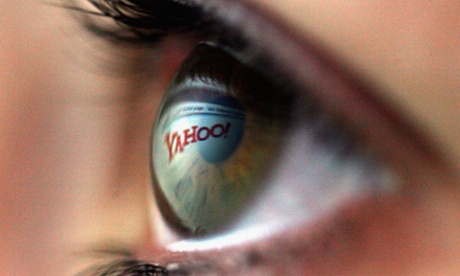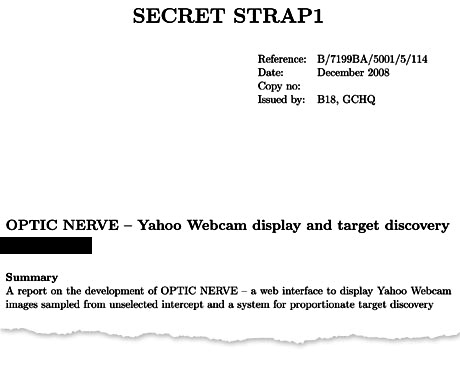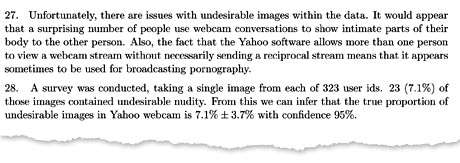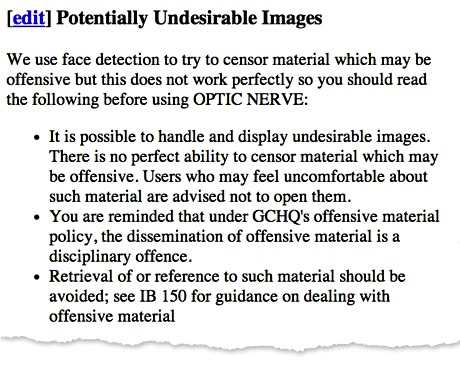SIMFEROPOL, Ukraine (AP) — Russian troops took control of the two main airports in the strategic peninsula of Crimea, Ukraine's interior minister charged Friday, as the country asked the U.N. Security Council to intervene in the escalating conflict. Russian state media said Russian forces in Crimea denied involvement.
No violence was reported at the civilian airport in Crimea's capital of Simferopol or at the military airport in the Black Sea port of Sevastopol, also part of Crimea. At the Simferopol airport, a man claiming to speak for the camouflage-clad forces patrolling the airport described them as Crimean militiamen.
Ukraine's State Border Guard Service said about 30 Russian paratroopers from the 810th brigade of Russia's Black Sea Fleet had taken up position outside the Ukrainian Coast Guard base in the Sevastopol area. It said the paratroopers said they were there to prevent any weapons at the base from being seized by extremists.
Russia's defense ministry had no comment.
Any Russian military incursion in Crimea would dramatically raise the stakes in Ukraine's conflict, which saw the pro-Russian president flee last weekend after three months of anti-government protests. Moscow has vowed to protect Russian-speaking Ukrainians in Crimea, where it has a major naval base, and Ukraine and the West have warned Russia to stay away.
"I can only describe this as a military invasion and occupation," Ukraine's new interior minister, Arsen Avakov, wrote in a Facebook post Friday.
Avakov said the airports were controlled by Russian navy troops. Associated Press journalists approaching the Sevastopol airport found the road leading up to it blocked by two military trucks and a handful of gunmen wearing camouflage uniforms and carrying assault rifles.
A car with Russian military plates was stopped at the road block. A man wearing a military uniform with a Russian flag on his sleeve got out of the car and was allowed to enter on foot after a brief discussion with the gunmen.
At the airport serving Simferopol, commercial flights were landing and taking off despite the armed men.
In Kiev, Ukraine's parliament adopted a resolution demanding that Russia halt steps it says are aimed against Ukraine's sovereignty and territorial integrity, and called for a U.N. Security Council meeting on the crisis.
The Russian foreign and defense ministries had no comment. Russia's state RIA Novosti and Interfax cited an unnamed official from the Russian Black Sea Fleet denying involvement, saying Russian servicemen stationed in Crimea have not moved into the airports and denying that the Russian military was in control there.
The Kremlin, in a statement published late Thursday, said President Vladimir Putin had instructed the government to "maintain contacts with the counterparts in Kiev in what concerns trade and economic ties between Russia and Ukraine."
Putin also asked the government to "hold consultations with foreign partners including the (International Monetary Fund) and the G8 nations to provide financial aid to Ukraine."
At the airport in Simferopol, dozens of armed men in military uniforms without markings were patrolling with assault rifles Friday morning. They didn't stop or search people leaving or entering the airport, and refused to talk to journalists.
One man who identified himself only as Vladimir said they were part of the Crimean People's Brigade, which he described as a self-defense unit ensuring that no "radicals and fascists" arrive from other parts of Ukraine.
The airport seizures came a day after masked gunmen with rocket-propelled grenades and sniper rifles seized the parliament and government offices in Simferopol and raised the Russian flag. Ukrainian police cordoned off the area but didn't confront the gunmen.
The events in Crimea have heightened tensions with neighboring Russia. Moscow scrambled fighter jets on Thursday and put most of its troops in western and southern Russia on combat readiness exercises that it said were unrelated to the Ukraine conflict. The moves were reminiscent of Cold War brinksmanship.
Moscow has been sending mixed signals about Ukraine but pledged to respect its territorial integrity. Putin has long dreamed of pulling Ukraine, a country of 46 million people considered the cradle of Russian civilization, closer into Moscow's orbit.
Russia also granted shelter to Ukraine's fugitive president, Viktor Yanukovych, state media reported. They said he would give a news conference Friday in southern Russia, near the Ukrainian border.
Yanukovych has not been seen publicly since Saturday when he was still in Ukraine, and he declared Thursday in a statement that he remains Ukraine's legitimate president.
The prosecutor-general's office in Kiev said it would seek Yanukovych's extradition to Ukraine, where he is wanted on suspicion of mass murder in last week's violent clashes between protesters and police, in which over 80 people were killed.
Meanwhile, Swiss prosecutors announced they had launched a criminal investigation against Yanukovych and his son Aleksander over "aggravated money laundering." They said police and Geneva's chief prosecutor conducted a search and seized documents Thursday at the premises of a company owned by Aleksander Yanukovych.
Switzerland's governing Federal Council announced that it decided to block all assets Yanukovych and his entourage might have in Switzerland.
Ukraine's parliament on Thursday elected a new government led by a pro-Western technocrat who promptly pledged to prevent any national break-up.
Ukraine's population is divided in loyalties between Russia and the West, with much of western Ukraine advocating closer ties with the European Union while eastern and southern regions look to Russia for support.
Crimea, a southeastern peninsula of Ukraine, was seized by Russian forces in the 18th century under Catherine the Great, and was once the crown jewel in Russian and then Soviet empires.
It became part of Ukraine in 1954 when Soviet leader Nikita Khrushchev transferred jurisdiction from Russia, a move that was a mere formality until the 1991 Soviet collapse meant Crimea landed in an independent Ukraine.
In a bid to shore up Ukraine's fledgling administration, the International Monetary Fund has said it is "ready to respond" to Ukraine's bid for financial assistance. The European Union is also considering emergency loans for a country that is the chief conduit of Russian natural gas to western Europe.
Ukraine's finance ministry has said it needs $35 billion over the next two years to avoid default.
__
AP reporters Dalton Bennett in Sevastopol, Maria Danilova and Karl Ritter in Kiev and Nataliya Vasilyeva in Moscow contributed to this report.






